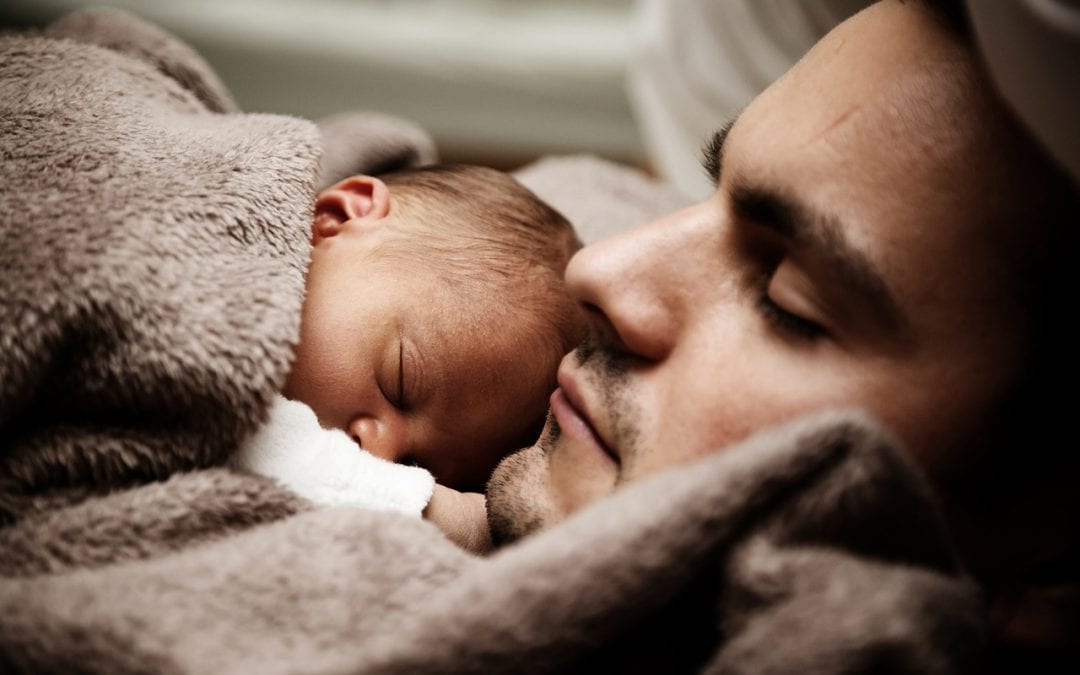This week we’re celebrating Thanksgiving in the United States. Family, food, and gratitude mark this special time of year. It’s a time when I check in with myself, with my mind and my spirituality. It’s a time when I ask what I’m grateful for, and most importantly, it’s a time when I intentionally foster gratitude for all that I have.
When it comes to my bipolar disorder, there is nothing in life it doesn’t touch. There is no person close to me unaffected. Not a day goes by that I don’t consciously appraise my mood. Each time I take my medication I am reminded that my life is markedly different from many of my fellows, and in order to stay stable I need medical assistance. So when it comes time to give thanks, I have to ask myself, am I grateful for bipolar disorder? To adequately answer the question, I have to first tell you where I’m coming from.
I had never experienced a more shocking or life-changing event than the day I went psychotic for the first time. I was eighteen years old, off to college, and away from my family. I had no idea what I wanted to do with my life. I was totally consumed by girls, and fraternities, and the next opportunity to party. When I suddenly lost touch with reality and believed I was the Second Coming of Christ, I didn’t know the first thing about bipolar disorder. All I knew about mental illness was what I saw on the news or in horror movies. I had no idea it could happen to me.
That was twelve years ago, and I’m thirty now. Today I have an incredible wife, two young boys who I adore more than anything, and a support system that has stood the test of time. I’m sober, clean from all substances for eight years and counting. I get to work as a life coach for people in recovery, just like me. Though I still have my ups and downs from time to time, I am stable. By all measures, I have a beautiful and worthwhile life.
When it comes to giving thanks, I could start with my parents, how they never abandoned me in my times of mania and depression. I could look to my friends, how they stood by me and saw past my troubles. I could thank my wife, for being my partner through the highs and lows, and for allowing me the space and support to live a life of recovery. I could turn to my children and the inspiration they give me to pursue heath even when it’s uncomfortable or challenging.
Like I already said, there’s nothing bipolar disorder doesn’t touch in my life. So the real question about whether or not I’m grateful for bipolar disorder is this: Am I grateful for my life today? Do I respect the man that I’ve become? Am I proud of my recovery? For these questions and more, the answer is absolutely yes.
When I was diagnosed with bipolar disorder, my life changed forever. My priorities needed to shift. I had to be more conscious and aware of how I treated my body and how I thought about the world. I had to challenge beliefs and ideas that didn’t serve me. I had to address destructive behaviors that some never have to face. I naturally cultivated empathy and compassion for those in need of mental health care. If I don’t do those things, I’m not who I am today.
Now don’t get me wrong. I wouldn’t wish bipolar disorder on anyone. There are many days I wish I didn’t have it. But if I didn’t have bipolar disorder, I wouldn’t have the rest of my life. Bipolar disorder has forced me to grow in ways I never imagined. It made me rise up and allow myself to be transformed, not because I wanted it, but because my life depended on it. Sometimes our transformation depends on our challenges, and we can’t have one without the other.
Chris Cole is the author of The Body of Chris: A Memoir of Obsession, Addiction, and Madness, and he’s a life coach for people in recovery. Read the rest of his posts for IBPF here.


